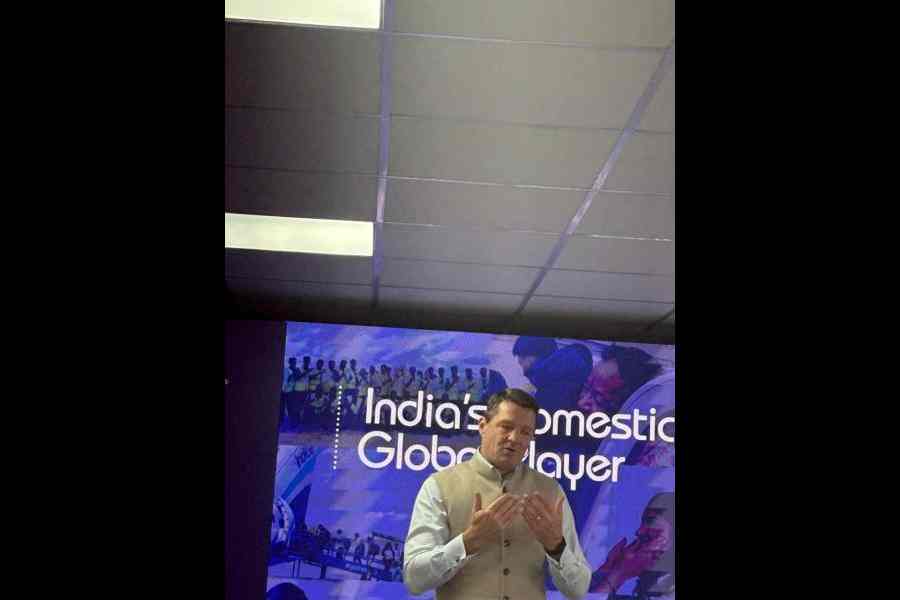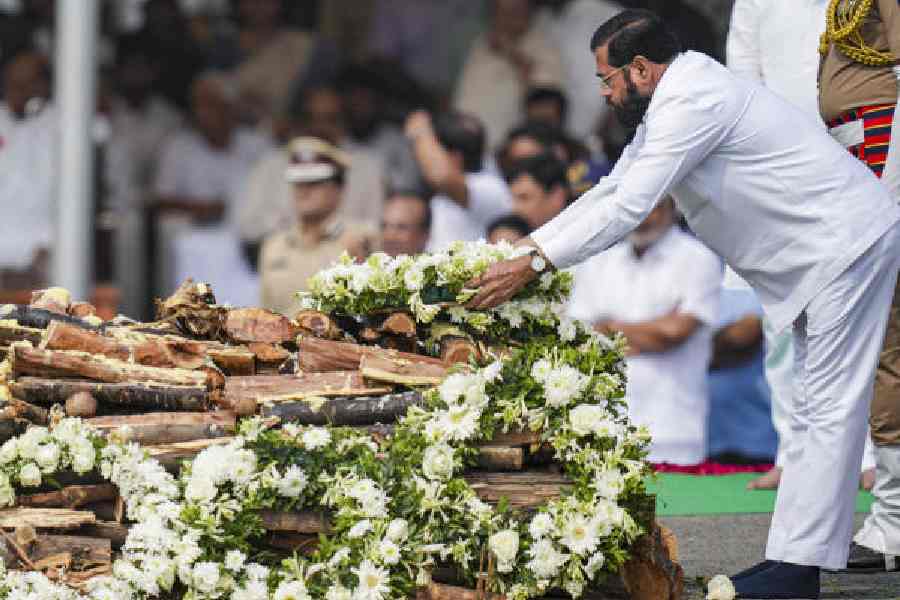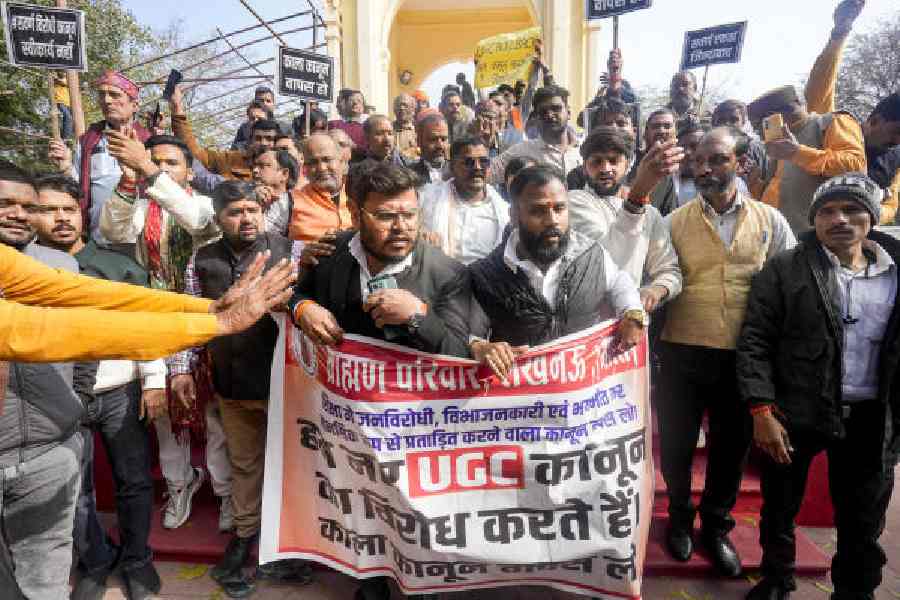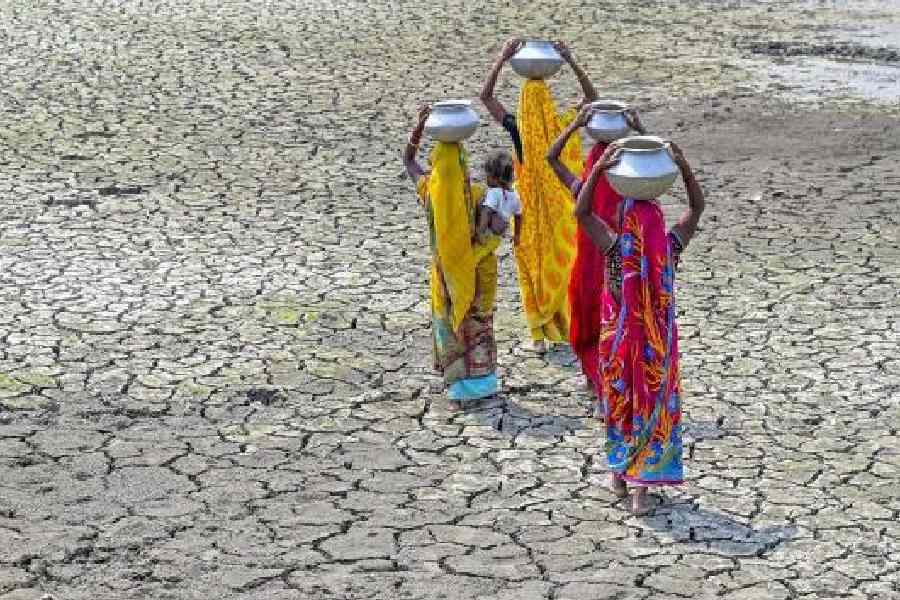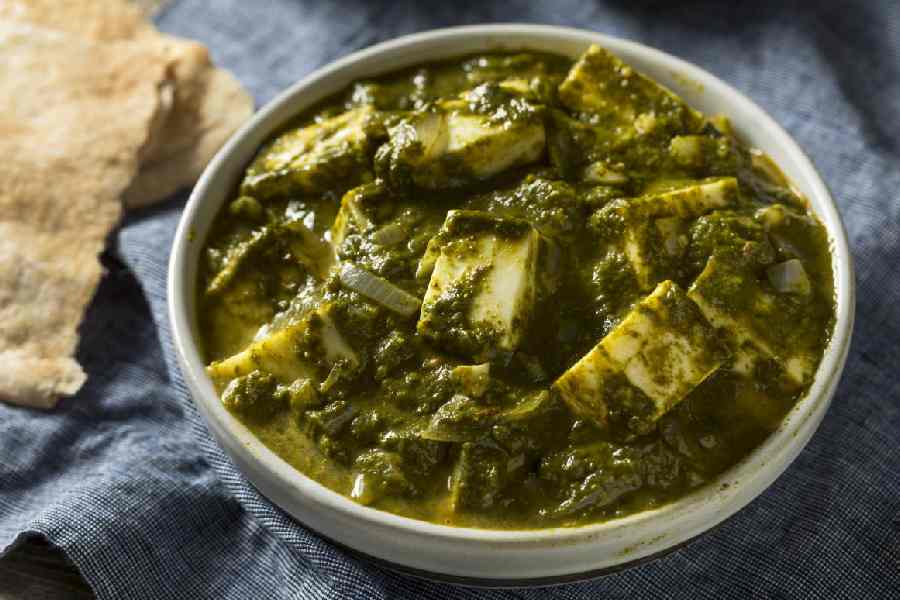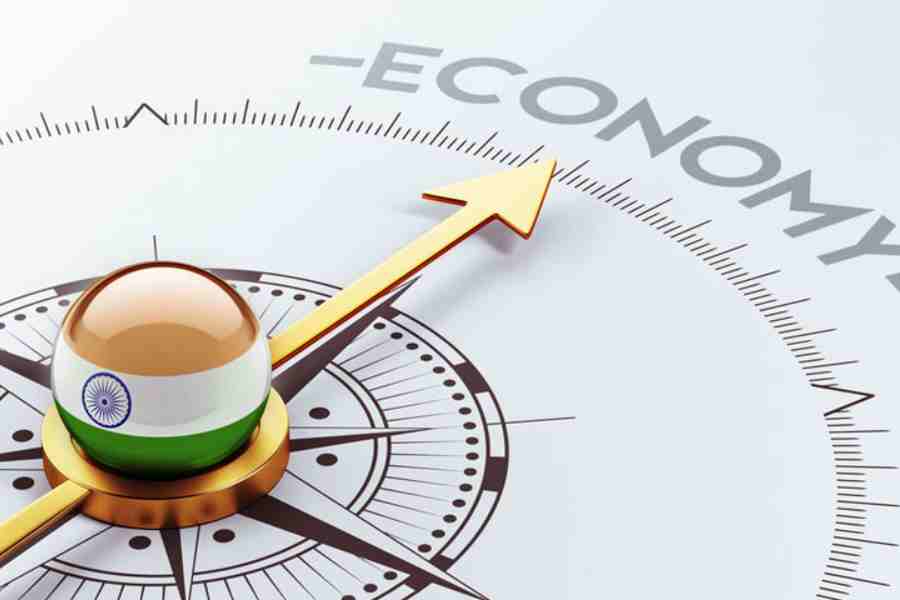According to the Indian Constitution, Article 51A, it is the fundamental duty of every Indian “to value and preserve the rich heritage of our composite culture”. It means that it is the duty of every Indian citizen to value his or her heritage and that individuals or citizen groups may undertake their duty of preserving their heritage. How many of us know that this is one of our fundamental duties? How do we fulfil our duty if we don’t know what it means?
“Composite culture” possibly refers to the multiple cultural practices and traditions that have adapted and reacted to ever-changing natural and social environments in this country over the last 10,000 years. Each of the various faiths in this country has its own distinct rich tradition of music, dance, poetry, building styles and knowledge systems. Culture also encompasses tribal and rural ways of life, the distinct ways of communities, castes and sub-castes, of minorities and majorities. It refers to the combined kaleidoscope of a living, vibrant culture of our people as a whole.
On the other hand “heritage” suggests a legacy gifted to us by our ancestors, that we need to preserve for our children to enjoy, for future research and study, and for the whole world to share and appreciate the creative ingenuity of a society that has lived in this sub-continent for thousands of years.
Heritage also refers to tangible arts and man-made artifacts as well as intangible forms of expression. The tangible or material evidence of our past is found in architecture and monuments. This means it is our duty to protect our temples, mosques and churches, ancient Buddhist stupas and decorative village shrines. Heritage also refers to the wonders of the visual arts of paintings, sculptures and crafts such as jewels and textiles, that have evolved over the ages in different geographical circumstances and historic periods.
Composite wonders
Material heritage is only a part of our composite culture that also encompasses a vast repertoire of Indian performing arts. Our vocal and instrumental music, dance, theatre, puppetry and cinema that have evolved into unique forms of artistic expression found nowhere else in the world.
At the heart of our culture lie myriad languages, dialects and their literature, both oral and written, that form the symbolic ways we have expressed ideas and beliefs. The intangible arts are more difficult to preserve and one wonders how many languages and folk stories, rhymes and riddles we have already lost since our great grandmothers passed away.
The fundamental duty of valuing our composite culture is as important as protecting our freedom of speech, and ensuring all citizens of this land have food and shelter, education and an equal opportunity to life. We may ask why it is so — the answer is simply that culture adds quality to life and living, in the past and present and will certainly do so in the future. The onus of protecting our heritage actually falls on the citizen, and this is an empowering constitutional right. It means that we can question anyone who attempts to destroy our rich heritage and the composite nature of our culture.
Each of us has a favourite building in our city, a place where we like to take friends and visitors to impress them with the wonders of the place where we live. It is comforting to know, that should anyone try to destroy “our heritage” we can appeal, and fight to protect what is rightfully ours. It also suggests that we have the right to demand that our representatives and political leaders pledge to uphold the Constitution and grant us an India that respects all religions and preserves our heritage which represents many faiths, historic periods, and tangible and intangible ideas.
Is there any political party manifesto that addresses this plea? Is there a political party manifesto that contains even a mention of its commitment to preserving our composite culture, which says that it will work to make the young proud of this country, to preserve its magnificent monuments, music and dance, its rich natural and cultural heritage for the next generation and the world to enjoy?


